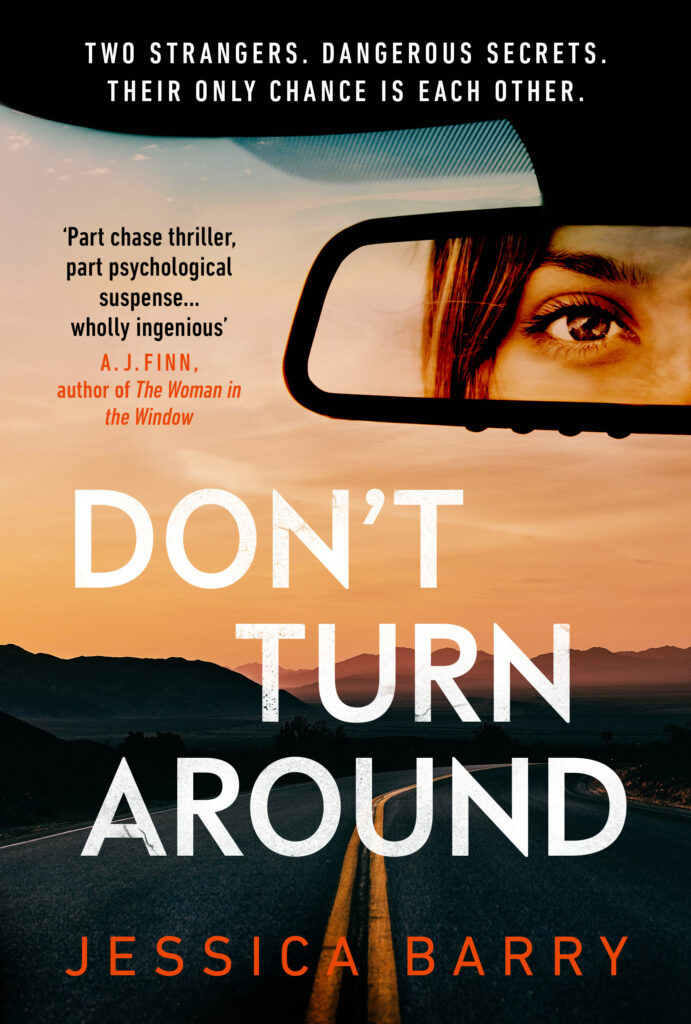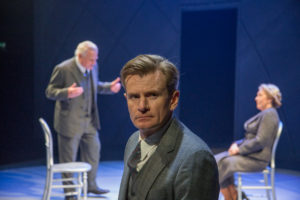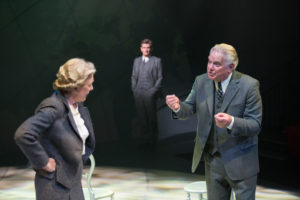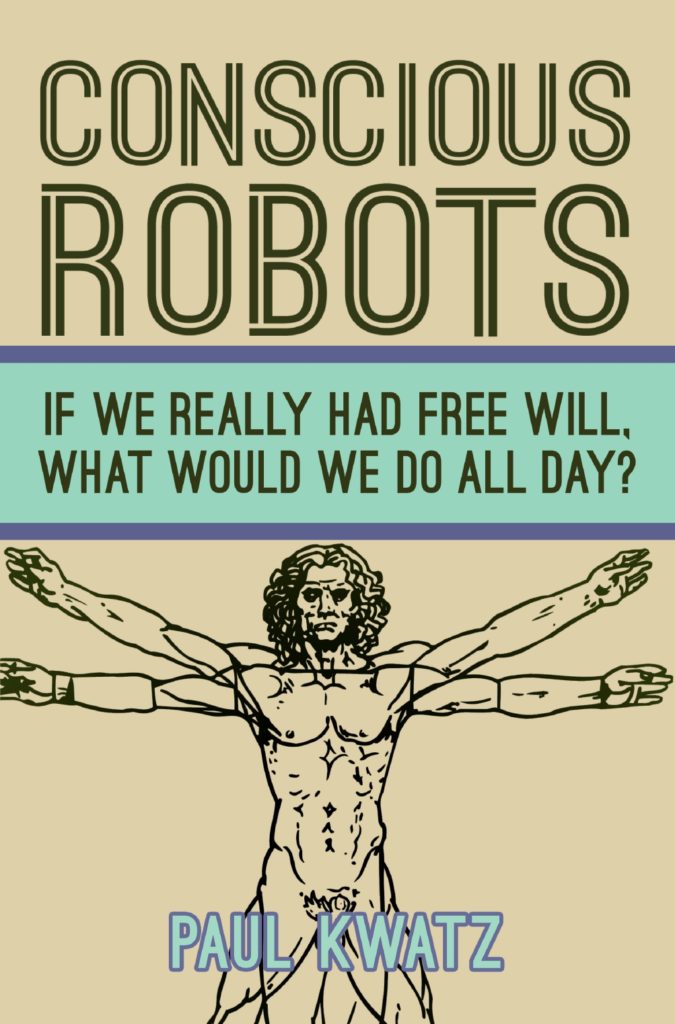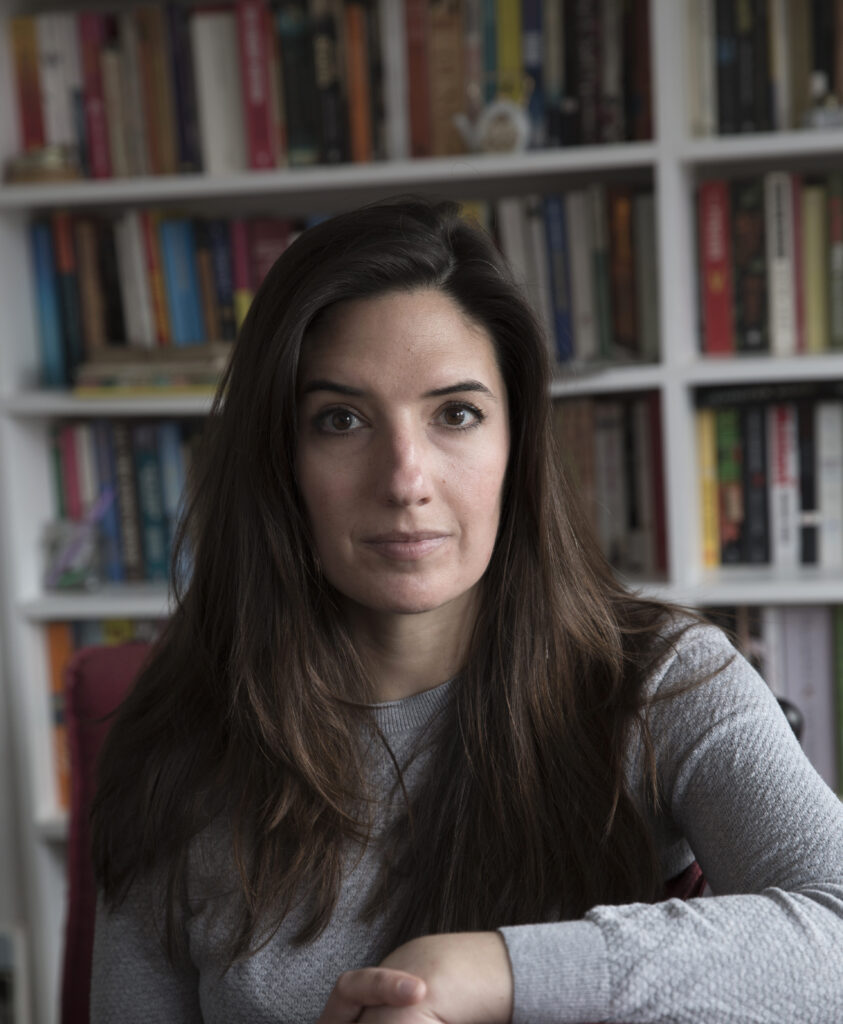 How Women live with fear and ‘Don’t Turn Around’ by Jessica Barry – published by Harvill Secker at £12.99
How Women live with fear and ‘Don’t Turn Around’ by Jessica Barry – published by Harvill Secker at £12.99
I wanted to explore the female-specific relationship to fear in my new novel, Don’t Turn Around. The novel opens with Cait and Rebecca driving through the night on a deserted road. Their destination is unknown. Out of the darkness, a pair of headlights appear, intent on destruction. The two women – who, up until that night, were strangers to each other – are forced to dig into their pasts to understand who might want to kill them.
The answer, as most women know, is not straightforward.
Is it someone from their past? Their present? Is it a complete stranger with a thirst for blood?
Cait has experienced the full terror of online abuse first-hand. An article she wrote about a bad date was met with vitriol, and she became a figure of hate on ‘men’s rights’ chatrooms. She receives death threats from total strangers. Worse still, her home address was published on the internet without her consent, so anyone who wanted to make good on those threats can find her. Is it possible that an online troll has finally tracked her down in the flesh?
Rebecca is the wife of a prominent politician in conservative Texas. She’s spent years playing the happy campaign life, but now she finds herself in a desperate situation. Her husband has turned against her, and there’s no one she can trust to get her across the Texas state line. She has to rely on a stranger – Cait – to shepherd her to safety. But there’s no guarantee that her husband hasn’t had her followed.
What about the man at the diner who stared at them so openly? Or that strange man at the gas station? Danger lurks around every corner. The world bristles with possible menace.
Every day, women live with fear. It’s a low-level constant, familiar as breath. We mitigate it, negotiate with it, rationalize it. We make thousands of tiny calculations and calibrations on its behalf. Is that man following me? Should I turn around and face him, or should I run? Will my shoes let me run fast enough, or should I take them off? If I scream, will it scare him? Or will it just make him angry? Is there anyone around who would hear me?
For women, the potential for danger is everywhere. Walking through an empty parking lot at night. Going for a run. Sitting alone at a bar, or in a park, and a stranger approaching you. A guy standing a little too close behind you in line at the grocery story. The car that followed you ten blocks, horn blaring, because the driver thought you cut him off. The moment you post on social media expressing a political preference, or a divisive idea, or critique. The sickening drop a few minutes later, when the first commentator calls you a bitch.
The statistics speak for themselves. Over half of women in the US have experienced physical violence. A quarter have experienced physical or sexual assault at the hands of an intimate partner. One in five women are raped in their lifetime. One in six women are stalked.
Things aren’t much rosier in the digital world. One study found that seventy-two percent of online harassment victims are women. Individuals using female-skewing usernames are sent threatening or explicit content twenty-five times more often than those with male-skewing or ambiguous usernames. Close to two-thirds of female journalists have been threatened, intimidated, harassed or been subject to sexist abuse online.
Of course, men are also the victims of violence and harassment: I’m not pretending otherwise. But I think that that women view the world through a specific lens coloured by the constant potential for danger.
Ask a man what precautions he takes before going out for a run in the morning and you’ll likely be met with a confused look. Ask a woman and she’ll tell you about pre-planned routes and high-traffic areas and the importance of keeping your headphones at a low volume so you can hear someone coming up behind you. These seemingly-minor decisions shape how we move through the world.
To live as a woman in this world, the question isn’t so much ‘What if something happens’ but ‘When? Where? How? Who?’ And the answers are ‘Anytime. Anywhere. Anyway. Anyone.’
Anyone could be behind that pair of headlights. Anyone could be waiting for us around a darkened corner, waiting to strike.
So far, so dark: I know. But there’s a silver lining in all this, and that’s the way that this fear bonds women together and, in a way, it’s what makes us who we are. You know that old cliché, ‘feel the fear and do it anyway’? That’s a way of life for us. Those mental calculations make us sharper. Those keys clutched between fingers make us tougher. Those close calls and rough scrapes and stories of survival make us stronger.
In order to survive their night on the road and make it to safety, Cait and Rebecca will have to work together. They’ll have to draw deeply from their experiences and from their personal strengths, and above all, they’ll have to learn to trust each other.
Lucky for them, they’ve had a lot of practice at the art of survival.

